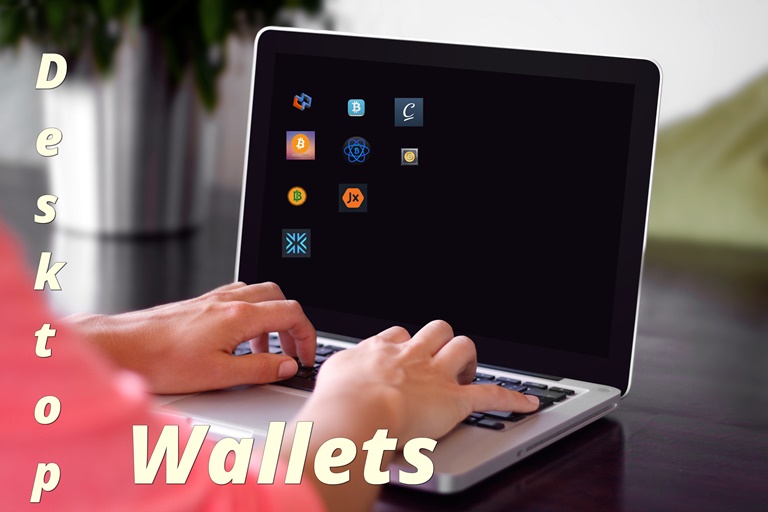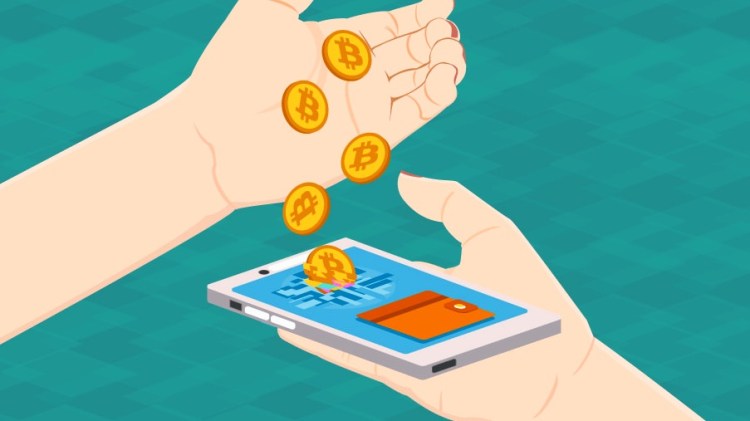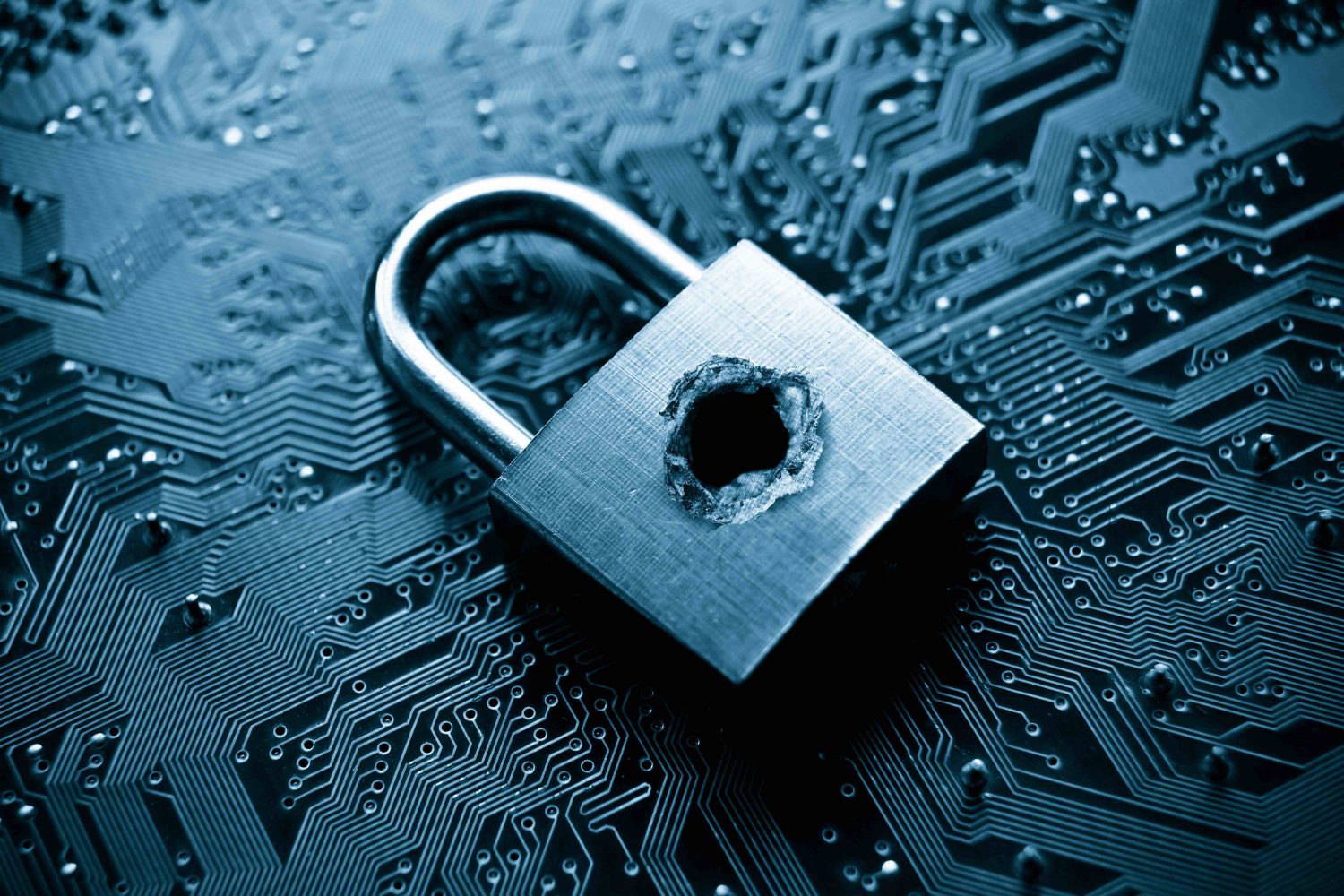Statistically, cryptocurrency is one of the trending topics in the global news. To trade cryptocurrencies, you need to have a credible desktop wallet. According to credible Cryptocurrency Facts, this wallet is special software that is designed to store the digital currencies. The wallets also facilitate sharing of the digital assets through the implementation of private and public keys.
Since the currencies are neither registered nor defamed, there is a need for caution amongst the new users and veterans when selecting the wallets to avoid entrapment by fraudsters. There are varieties and selection, which is a daunting task, depends on personal needs. The main factors of consideration are security, ease of accessibility, the anticipated extent of use, and the type of currency; whether it is a multi-currency or single.
What Are Desktop Wallets?
Desktop wallets are downloadable software programs installed in computers. They are specific and accessible from a single computer. They have been on the throne for years with the main advantage being the high security. In addition, they use minimal space and are less prone to the risks such as hacking since they do not require an internet connection.

The main drawbacks are losses of funds due to hacking or accidental removal of files. In addition, due to immobility of desktops and laptops, sometimes users are unable to beat the deadlines of transactions.
How the Wallet Works
Users create accounts by providing usernames and passwords and can start the transactions almost immediately. Opening the wallet creates an address and a private key used to sign a transaction and recover an address. Blockchain network store the records permanently and publicly while keeping the name out of the list. However, the wallet address helps trace the identity of the user as cited by Block Geeks.
Ways of Ensuring The Security Of Wallets
There is a variety of ways of ensuring the security of funds such as the use of Google authenticators as additional layers of protection, encryption, use of authorized programs, and storage of enough amounts of currencies instead of extras.
Accessing wallets without an internet connection helps evade hacking practices. Hackers are always on the lookout for an exposed platform to transfer funds. In addition, consider keeping personal details such as keys, passwords, and personal identification numbers as private. Due to the increase in the number of fraudsters, users should consider downloading software from the know sources since some look like the required program, but on the contrary, uninstall it.

As noted by Ripple Coin News, backing up is another essential step. Accidental deletion or attack by viruses can lead to loss of funds but a backed up system can run after recovery.
The chief concept in the use of the software is the security. Online programs increase the vulnerability to attack, but offline wallets evade the risks with ease. For easy use of desktop wallets, users ought to master the technological developments and styles of troubleshooting.







